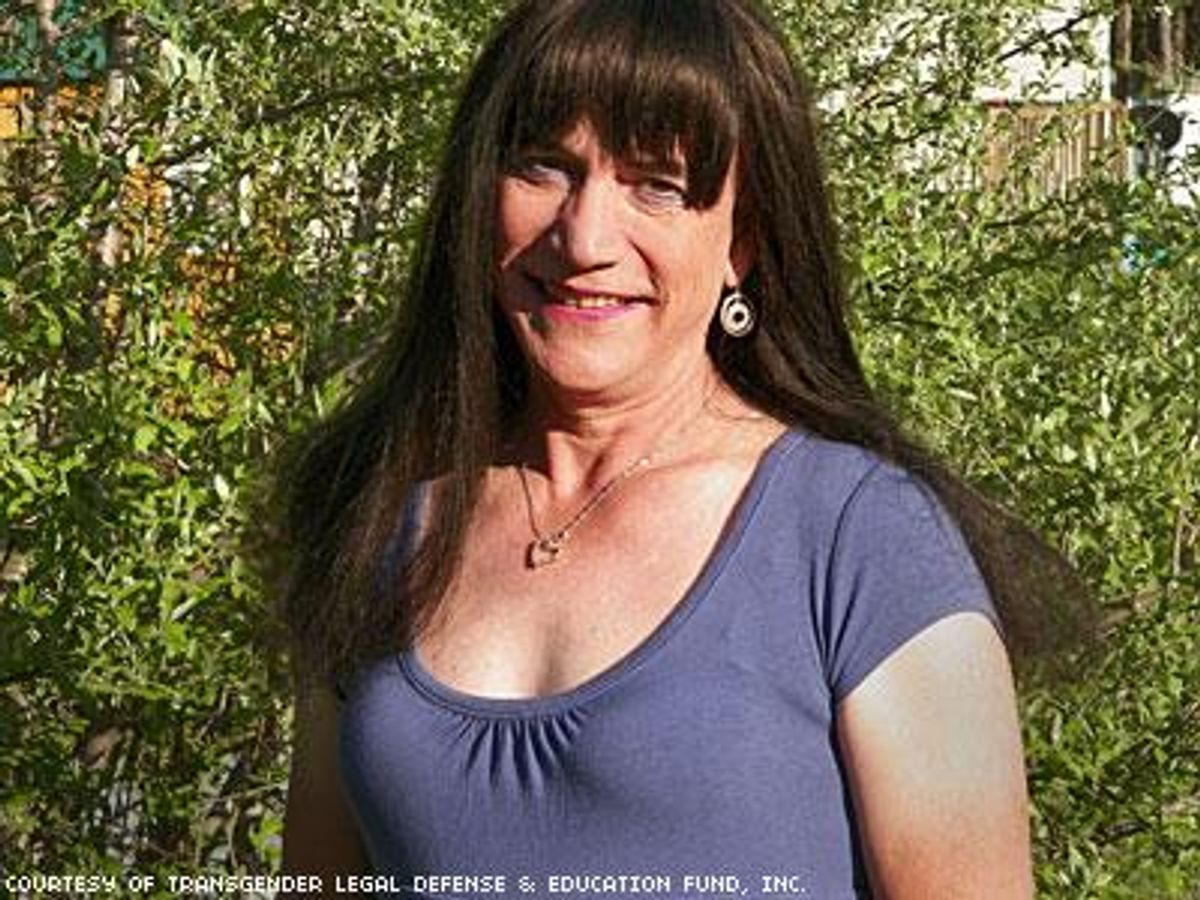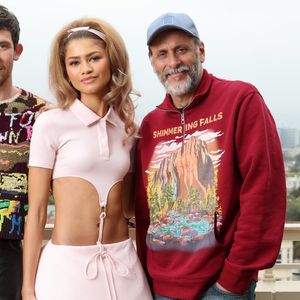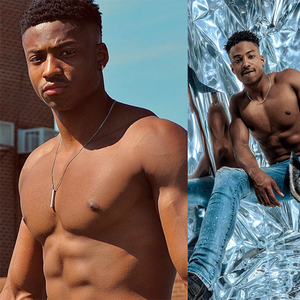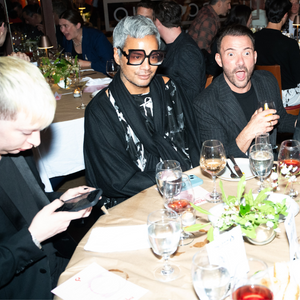Two transgender women are alleging discrimination against two separate West Virginia Division of Motor Vehicles branches, claiming that they were told they needed to remove their makeup and wigs if they wanted to be photographed for their drivers' licenses.
Trudy Kitzmiller, a 52-year-old transgender woman, went to the Martinsburg, W.V., DMV office to update her license after obtaining a court order reflecting her new legal identity. Additionally, she brought with her documentation from her medical provider stating that was being treated for gender dysphoria.
Kitzmiller alleges that DMV staff harassed her, called her "it," and told her that she needed to remove her wig, makeup, and jewelry before staff would take her photograph for a new drivers license. Shocked, Kitzmiller left the office without updating her information.
"This is who I am -- a transgender woman -- and I have overcome many obstacles to become my true self," Kitzmiller said in a statement released by the New York-based Transgender Legal Defense and Education Fund. "DMV staff not only denied me the right to appear in my license photo as myself, they used dehumanizing language to address me. The experience was humiliating and wrong. I am asking the DMV to allow me to retake my license photo as I regularly appear and to treat transgender people fairly moving forward. I want to move on with my life and participate fully in society with an ID that accurately reflects who I am."
The other case involves Kristen Skinner, a 45-year-old transgender woman. In January, Skinner went to the Charles Town, W.V., DMV, hoping to update her license. Like Kitzmiller, Skinner brought along court documents explaining that her name had been legally changed as part of her legal gender transition.
Unfortunately, like Kitzmiller, Skinner, too, claims that DMV staff treated her with hostility, called her an "it," and refused to photograph her as she appears on an everyday basis, telling her she needed to remove her makeup if she wanted to get a new photograph. While the DMV allows women to wear makeup in their photos, Skinner was told that their policy states that men cannot wear makeup in photos.
Begrudgingly, Skinner removed her makeup, and had her photo taken, leaving her in possession of a license that does not resemble her everyday appearance.
"It has taken me a long time to become the woman that I am today, and it has not been easy," Skinner said in the same TLDEF statement. "The DMV treated me horribly. I was simply trying to update my driver's license to reflect who I truly am as a transgender woman. Instead I was told to alter how I normally appear so that I would look like a man and was called 'it' in the process. The DMV should right this wrong by allowing me to take my photo as I regularly appear. No one deserves to be subjected to the discrimination I faced at the DMV."
"Trudy and Kristen's freedom to express who they are as transgender women may not be restricted in this way by the West Virginia Division of Motor Vehicles," TLDEF Executive Director Michael Silverman said in a letter sent to the DMV. "Forcing them to remove their makeup and other items that facilitate a female gender expression before allowing them to take their driver's license photos restricts their free speech rights in violation of state and federal constitutional protections."
At the moment, neither Kitzmiller nor Skinner have filed suit against the West Virginia DMV, though as noted by Silverman, it remains possible that they will file on the grounds that denying transgender women the same rights afforded to their cisgender counterparts -- to be able to wear makeup in their photos if they so choose -- is a violation of their First Amendment rights.
Their stories resemble that of Chase Culpepper, a South Carolina teenager who had just passed his driver's test. Like Kitzmiller and Skinner, Culpepper found himself on the receiving end of similar discrimination, being told that he -- a gender-nonconforming boy -- was not allowed to wear makeup in his driver's license photo, despite of the fact that he regularly wears makeup in his everyday life.


















































































